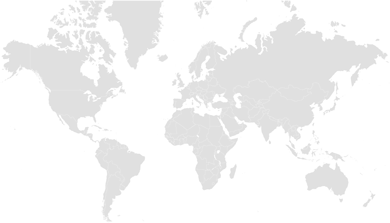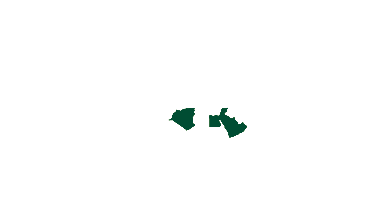Case study
2024 • IHE Delft Institute for Water Education Agricultural drainage water reuse in Fayoum, Egypt
The Fayoum Governorate in Egypt, characterized by extreme water scarcity and a high poverty rate, relies heavily on agricultural drainage water for irrigation. The “SafeAgroMENA” project, funded by the Dutch Ministry of Foreign Affairs, aims to improve the safe reuse of nutrient-rich agricultural drainage water through agroecological interventions. This initiative combines decentralized, on-farm solutions with participatory stakeholder processes, focusing on addressing emerging contaminants, improving water quality, and strengthening food security for small-scale farmers.
Recovered Materials & Products
Nutrients
Compost
Water
Waste Streams
Wastewater
Confirmed countries
Australia


Background and Context
Location: Fayoum Governorate, Egypt, a large depression located 90 km southwest of Cairo in a semi-arid region with an annual rainfall of less than 80 mm.
Resource Stream: A mix of treated domestic wastewater and agricultural wastewater, often contaminated by illegal discharges and industrial runoff.
Challenges: Poor quality of agricultural drainage water, leading to socioeconomic and health impacts on small-scale farmers. The agricultural drainage water is contaminated with pesticides, pharmaceuticals, and other emerging pollutants, posing risks to soil, crops, and human health. There is heavy reliance on centralized systems and limited policy support for decentralized, community-based approaches. Building institutional support and local ownership for these solutions is critical.
Approach
The project employs agroecological interventions to address risks such as gene mutations, endocrine disruptions, and the emergence of antibiotic-resistant bacteria, aiming to prevent health crises or pandemics caused by micropollutants. Agroecological interventions, rooted in the approaches developed by the Food and Agriculture Organization of the United Nations (FAO), are bottom-up approaches to create localized solutions tailored to their specific challenges.
- Capacity Building: Training local farmers in agroecological methods to safely reuse drainage water.
- Participatory Stakeholder Engagement: Farmers, policymakers, and NGOs are actively involved in co-creating solutions and implementation plans.
- Policy Advocacy: Establishing a ministerial committee to support decentralized wastewater treatment and enhance governance frameworks.
Implementation Steps
- Project Inception: Initiated in October 2022 with funding from the Water and Development Partnership Programme.
- Research and Baseline Assessments: Conducting studies on water quality, emerging contaminants, and socioeconomic conditions.
- Pilot Interventions: Implementing decentralized agroecological solutions on farms to improve water reuse practices.
- Capacity Building and Training: Empowering farmers and local champions through professional diplomas and training of trainers.
- Policy Development: Facilitating dialogues with decision-makers to develop regional strategies and improve standards for water reuse.
Outcomes and Impacts
Although the project is ongoing, early outcomes highlight significant progress in improving agricultural water reuse practices in Fayoum. Participatory approaches have enhanced farmer engagement, fostering co-created solutions tailored to local needs. By empowering small-scale farmers through training and capacity building, the project strengthens their ability to safely and sustainably manage water resources.
The expected long-term impacts include improved water quality, increased food security, and reduced health risks associated with contaminated water. A regional strategy and policy recommendations developed through the project are anticipated to guide broader adoption of decentralized agroecological interventions in similar contexts across the MENA region.
Lessons Learned
This case study underscores the importance of involving local communities in every stage of the project to ensure relevance and sustainability. The bottom-up participatory approach, combined with decentralized solutions, has proven effective in addressing site-specific challenges. Building an enabling environment for agroecological interventions requires strong institutional frameworks and policy advocacy, which the project is advancing through its engagement with ministerial committees.
The potential for replication is evident, particularly for small-scale farmers managing fields of less than one feddan. By scaling successful models and fostering regional knowledge exchange, the project demonstrates how localized solutions can address global challenges of water scarcity and food insecurity.
Learn more
The text of the case study is available at the link below:
https://files.grida.no/sdm_downloads/1146-case-study-3/
This case study is extracted from the publication linked below: "Wastewater - Turning Problem to Solution", UNEP (2023)
https://www.unep.org/resources/report/wastewater-turning-problem-solution#:~:text=This%20new%20report%2C%20%E2%80%9CWastewater%20-,blocks%2C%20described%20in%20the%20publication.
Technologies
Agroecological interventions
Themes
Capacity building